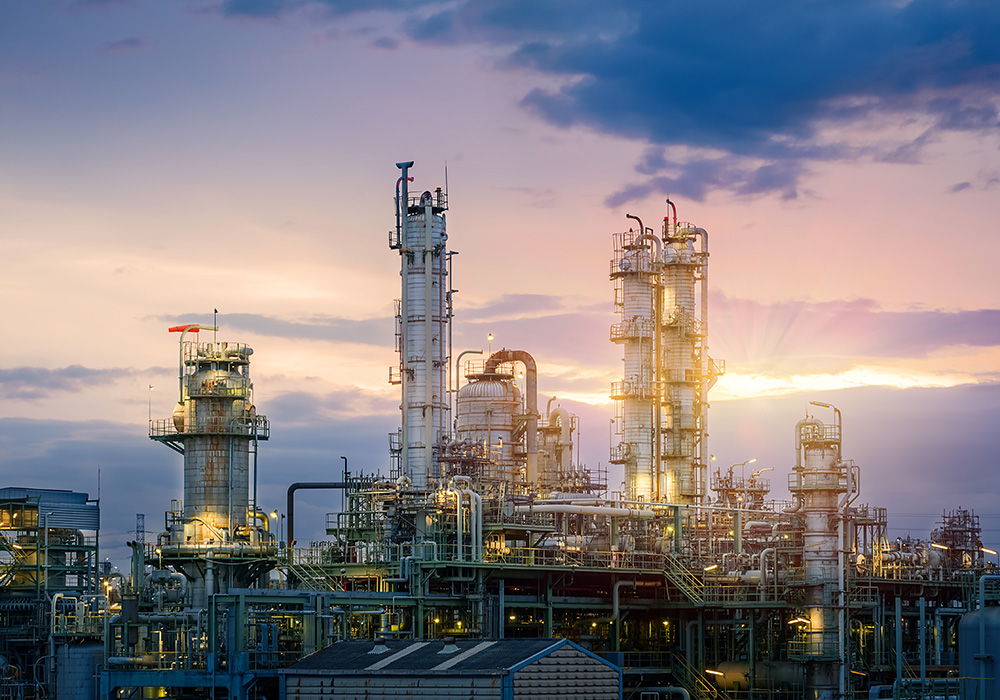
Separation of two concepts in an oil-free economy
Everyone agrees that the dependence of the country’s budget on oil should be reduced. There is no doubt about that. But the issue is how to reduce oil dependence. This is where we need to separate the two concepts in an oil-free economy.
When we talk about the need to reduce our dependence on oil or even metaphorically, we need to close our oil wells, which naturally does not mean that we should not extract oil at all. Simply put, reducing oil dependence does not go the way of closing oil wells! We can produce oil, but we are not dependent on oil. This is where we can distinguish two concepts: the continuity and even the increase in oil production; Reduce budget dependence on oil.
About twenty years ago, at the end of the first government of Seyyed Mohammad Khatami, when oil prices rose slightly, it was decided to transfer the surplus of oil revenues to the foreign exchange reserve account. In fact, the dependence of the budget on oil was still strong, but as global oil prices rose, the surplus oil revenue went to the foreign exchange reserve account instead of being injected into the economy to lay the foundation stone for the same building that the Norwegians built. They were. The difference is that Norway saved all its oil revenues and Iran saved its surplus oil revenues. However, as the reformist government stepped down, the program was virtually forgotten, and although oil prices rose by unprecedented growth, the foreign exchange reserve account, which gradually changed its name, became increasingly empty, not just budget dependent. Oil did not fall, but the surplus of oil revenues did not cure the country’s problems so that the door would turn on the same old heel. Since then, whenever the shadow of sanctions spread across the country, everyone has stressed the need to separate the budget from oil, but whenever sanctions are eased, oil remains the main source of funding. Now, the future of the country is such that it seems unlikely that we will soon see the lifting of sanctions, and that Iran will still be able to have a strong presence in the global oil market. So we have no choice but to separate the budget from the oil, because we actually export a small amount of oil and export the same amount of oil at a discount, and we can’t easily get the same money, but the main thing is that these should not mean ignoring oil.
At one time, the most important oil threat was natural gas, but now renewable energy has been added. Many developed countries have stopped producing gasoline cars in the 2030s or later, which means that we are seeing a decline in the strategic role of oil in the world every day. Under such circumstances, the survival of oil in countries such as Iran, with its rich oil reserves underground, means wasting a huge source of wealth, as oil is unlikely to be valuable today, twenty years from now. So we have to use this wealth as long as it is still wealth. The country’s current budget and economy should not be dependent on oil, but the wealth that remains underground should be extracted to become a lasting asset for future generations; The same thing that Norway did and became a model. These are the two concepts that we need to separate in an oil-free economy.
